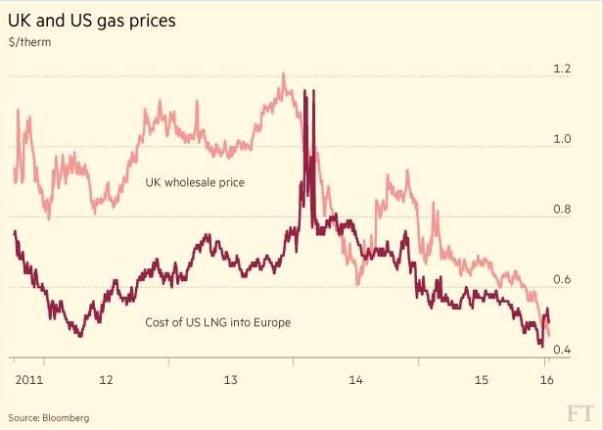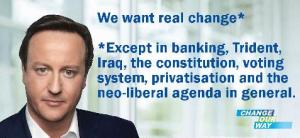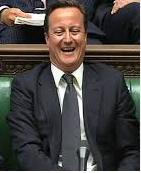Blog Archives
Fracking (etc): is Britain a democracy or a dictatorship?
The FT reports that a majority of North Yorkshire county councillors, elected to serve the people, followed the advice of unelected officers to vote against the wishes of those who put them in post; only 36 of the more than 4,800 responses to the council’s consultation were in favour of fracking.
The government promised to go “all out” for shale. Energy secretary, Amber Rudd, announced ‘she was determined to push forward with shale and even allow extraction under national parks’ and Chancellor George Osborne has promised that local areas will receive £100,000 per well and 1% of future royalties. He also said that he would also set up a sovereign wealth fund for the north of England to invest the proceeds.
However public opposition has prevented any fracking since 2011 when it caused two minor earthquakes near Blackpool. Brian Baptie, a seismologist at the British Geological Survey, said that the analysis showed that the epicentre was within 500m of the well site and the timing of these earthquakes and that of the fluid injection [during fracking] indicated that there might be some connection between the two.
Nicky Mason, a local resident, said Third Energy had failed to disclose a gas leak at a nearby well until forced to by a freedom of information request.
The decision relates to a test, not full-scale mining activity
After changing its name four times (readers will wonder why), Third Energy will frack for shale gas at an existing well outside the village of Kirby Misperton – near the North York Moors National Park – to test if the rock below is suitable for large-scale exploitation and this will involve:
- use of a 37-metre high rig for eight weeks
- erection of a noise barrier of shipping containers
- transporting of gas by pipeline
- flowback water taken away by trucks.
As Ineos and Cuadrilla are given encouragement to reapply it is feared that further permission will eventually be given to produce on a large scale, which could lead to several hundred wells across the hills of North Yorkshire.
The FT quotes experts who foresee that the UK’s shale industry is threatened by simple economics: the tumbling price of gas.
“There could not be a worse time to be embarking on challenging gas projects,” said Howard Rogers, director of gas research at the Oxford Institute for Energy Studies. An oil and gas analyst at Jefferies, said: “There is a global glut of gas and we continue to see gas supply everywhere. That is why prices have come down so much. It means there is a big economic challenge for shale producers in the UK.” He pointed out that US prices have come down so much it could soon be cheaper to import gas from there rather than buy domestically produced supplies.
.
The only hope for these threatened areas appears to be a check to the paramount political-corporate desire for profit.







